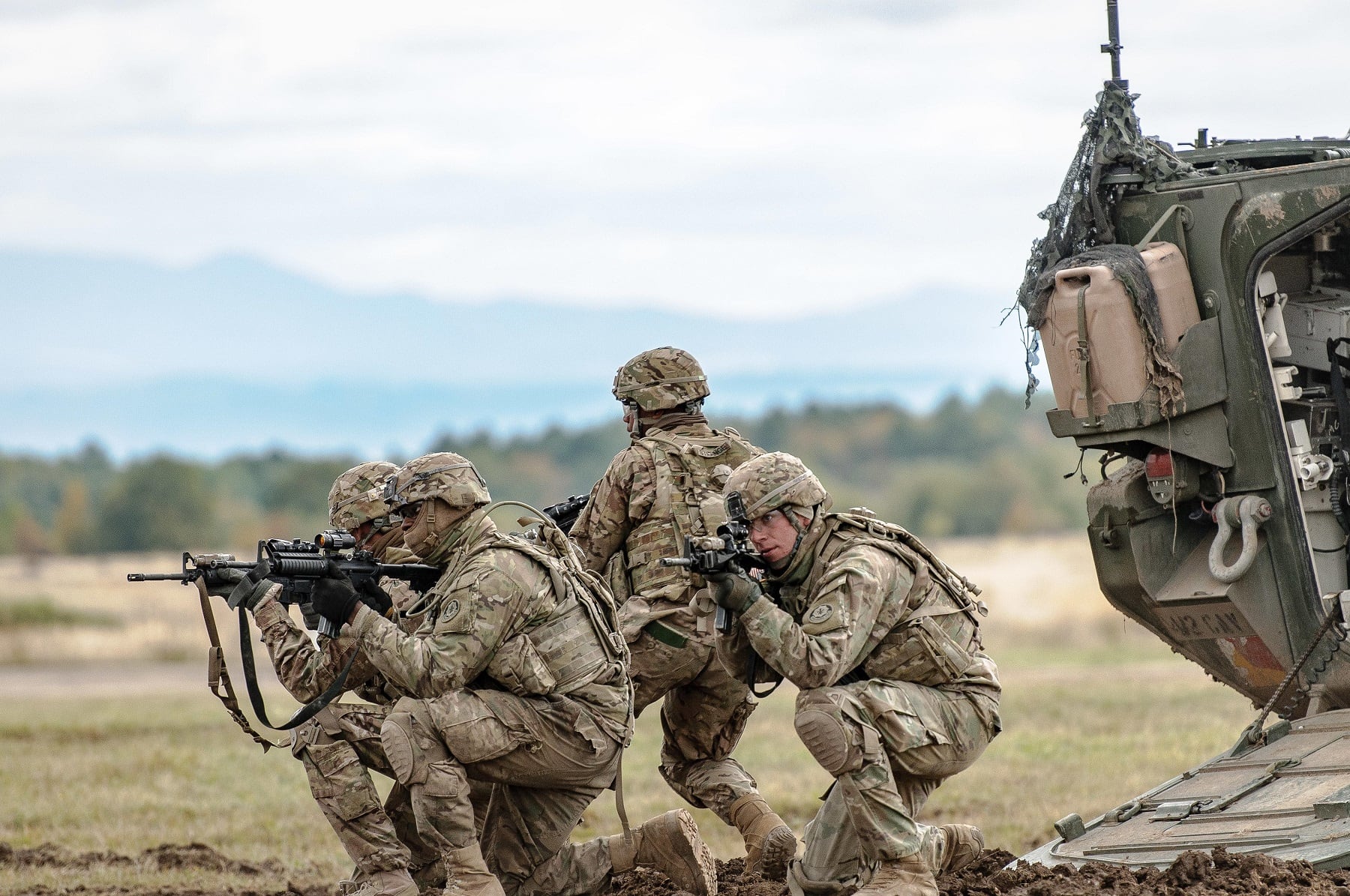Cadets and midshipmen attending service academies or earning a commission through ROTC will be able to pursue professional sports careers again under a new policy President Trump announced on Wednesday.
The Defense Department has four months to put together a waiver directive that would give student athletes a path to defer their five-year service obligations if they are picked up in a draft, according to a memo from the White House.
“As I recently stated, these student-athletes should be able to defer their military service obligations until they have completed their professional sports careers,” Trump wrote. “Such cadets and midshipmen have a short window of time to take advantage of their athletic talents during which playing professional sports is realistically possible.”
The move reverses a policy from former Defense Secretary James Mattis, who put his foot down in 2017, rescinding a previous directive that allowed academy and ROTC graduates to hold off on taking their first assignments while they explored pro sports.
“Our military academies exist to develop future officers who enhance the readiness and the lethality of our military services,” then-DoD spokeswoman Dana White said in a statement. “Graduates enjoy the extraordinary benefit of a military academy education at taxpayer expense.”
Trump’s policy is the latest in a back-and-forth on the issue. Trump first signaled his intention to set a new rule in May while awarding the Commander-in-Chief trophy to the U.S. Military Academy’s Black Knights.
Service academy and ROTC graduates incur a five-year active service obligation in exchange for their free educations. However, in recent years, DoD has granted waivers for some promising student athletes.
Recently, Naval Academy wide receiver Lt. j.g. Keenan Reynolds, was allowed to defer his active-duty service after the Baltimore Ravens drafted him in 2016, that year’s 182nd pick.
RELATED

He’s currently playing for the Seattle Seahawks, while serving in the Navy Reserve as a cryptologic warfare officer.
DoD has made similar arrangements for a handful of athletes in recent years, allowing them to serve their obligations on reserve status while assigned to their nearest installations.
That option, according to proponents, is a big recruiting boon for student athletes who would otherwise shun scouts from service academies, knowing that they would owe the military four or five of their best playing years after graduation ― and depending on their jobs, potentially becoming too injured to play pro sports.
On the other hand, opponents have argued that professional sports run the same risk of causing permanent injuries that would render a returning junior officer non-deployable and their service obligations unmet.
“At the same time, these student-athletes should honor the commitment they made to serve in the Armed Forces in exchange for the extraordinary benefits afforded to them at taxpayer expense at the Academies or ROTC programs,” Trump wrote in his Wednesday memo.
Meghann Myers is the Pentagon bureau chief at Military Times. She covers operations, policy, personnel, leadership and other issues affecting service members.





